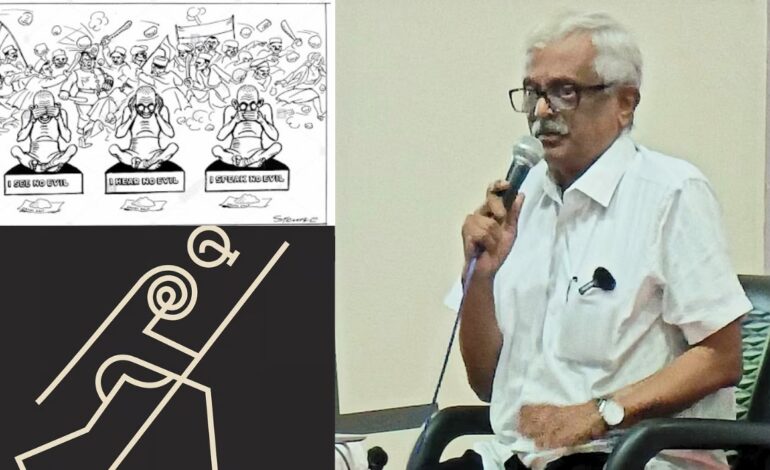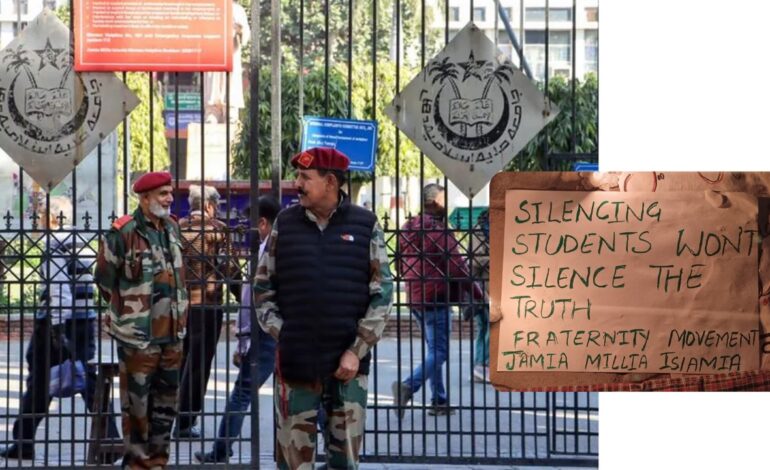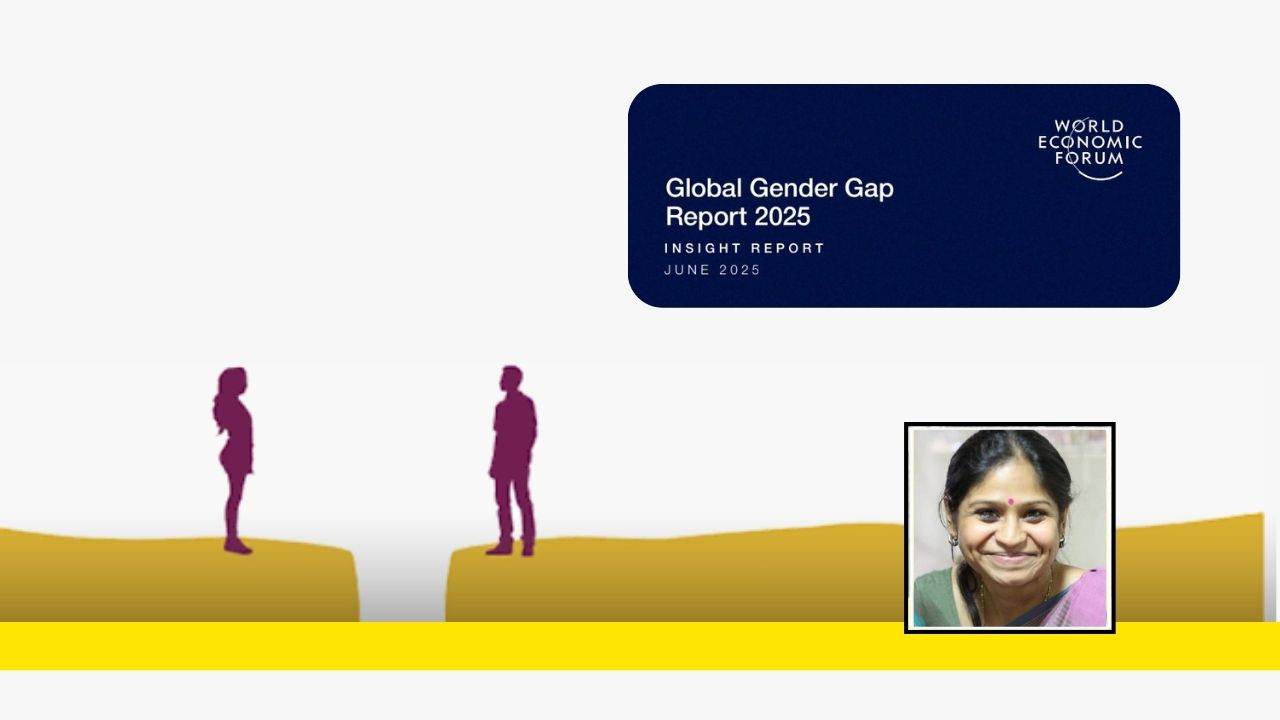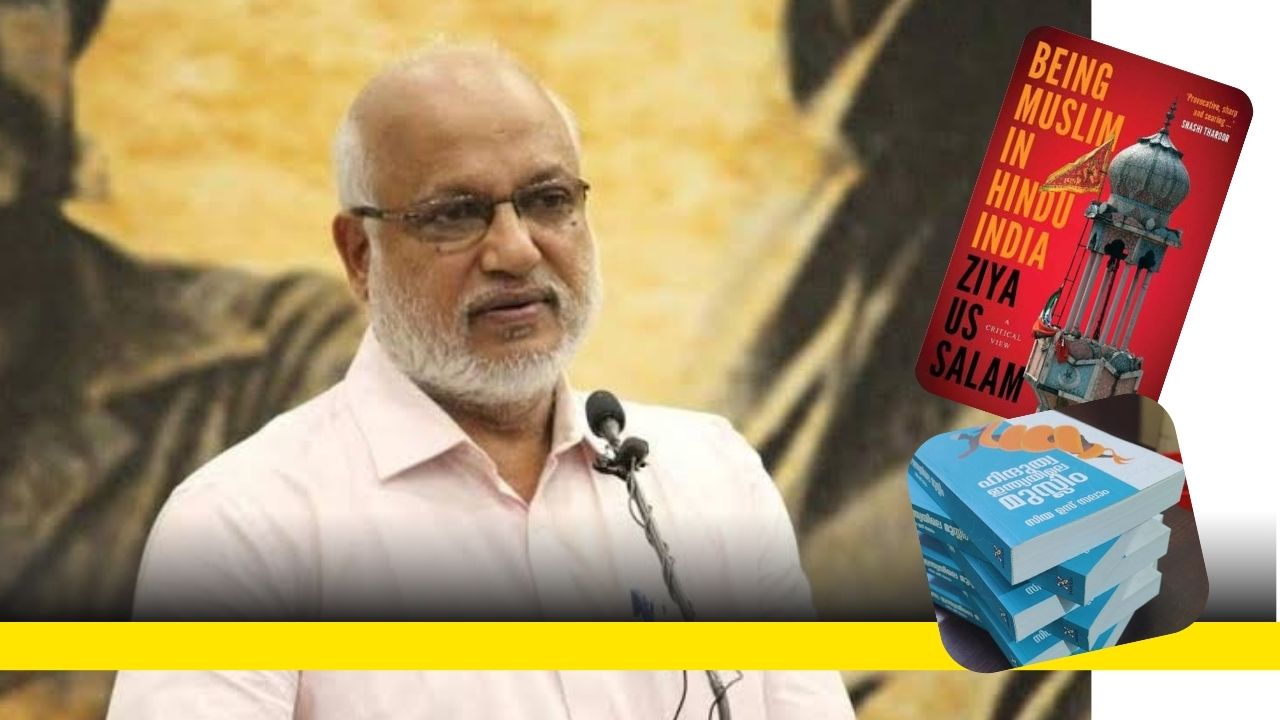Uttarakhand Uniform Civil Code Challenged in High Court, Notices to State Govt., Centre
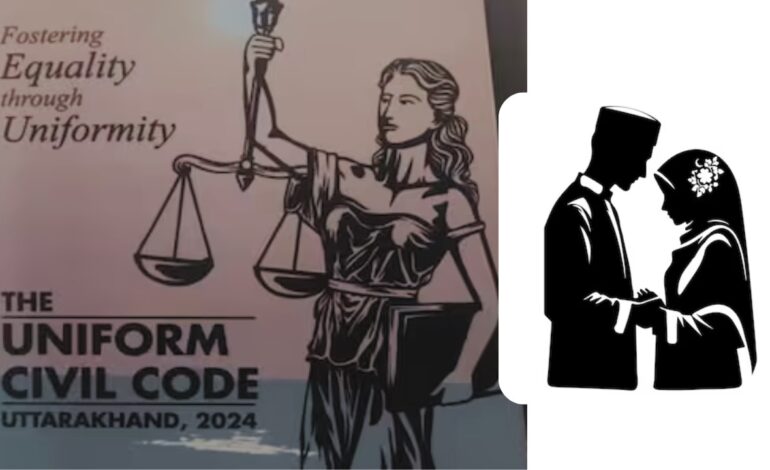
Even as the Rashtriya Swayamsevak Sangh (RSS) led Sangh Parivar and the Bharatiya Janata Party (BJP) are developing a campaign based on the newly enacted Uniform Civil Code (UCC) by the Uttarakhand State government a petition has been filed in the Uttarakhand High Court at Nainital challenging the Act. This was done through a writ petition filed by Almasuddin Siddiqui and others through advocates Dr. Kartikey Hari Gupta, Pallavi Bahuguna, Andleeb Husain, Rafat Munir Ali and Irum Zeba. The writ was filed as a Public Interest Litigation (PIL) petition.
Responding to this, the Uttarakhand High Court Chief Justice Guhanathan Narender and Justice Asish Naithani issued notices on 12 February 2015 to the Uttarakhand State as well as Union of India. The court stated that the notices are returnable in six weeks.
The petitioners sought order or direction in the nature of Mandamus or any other suitable order which court deems fit, seeking directions to declare certain provisions covering marriage, divorce, ‘Iddat’, Inheritance and live-in relationships of the new law claiming those to be ultra vires of the Article 14, 21 and 25 of the Constitution of India.

Specifically, the petitioner sought directions to the respondents not to implement the provisions of Sections 1 (3), 2 & Section 3 (1) (d), & Entry 36, 37 of Schedule 1 & Sections 4 (4), 23, 32, & Sections 29, 30 & Part II, Schedule II & Sections 4 (b), 378 along with entire Part III & Section 390 of the Uniform Civil Code Uttarakhand, 2024 (Act no 03 of 2024).
The writ petition argued that the UCC infringed upon the religious practices of Muslims since Quran’ic verses and its principles are Essential Religious Practice (ERP) of the petitioners as well as members of the Muslim community. It stated that the petitioners and members of the Muslim community have a fundamental right of free profession and practice of their religion under Article 25 of the Constitution of India. Any law made by legislature that wishes to stop the petitioners from free profession and practice of their religion is ultra vires of Article 25 of the Constitution, hence deserves to be declared void and inoperative.
The petition pointed out that sections – 4 (4), 23, 32 violates the petitioners/members of Muslim community right to marry as per Surah Al-Nisa Chapter – 4 of the Quran. Petitioners/Members of Muslim Community can marry to a woman except who are in “prohibited degrees of relationship” for marriage specifically provided under Chapter – 4 Verse 23 of Surah Al-Nisa of the holy Quran.
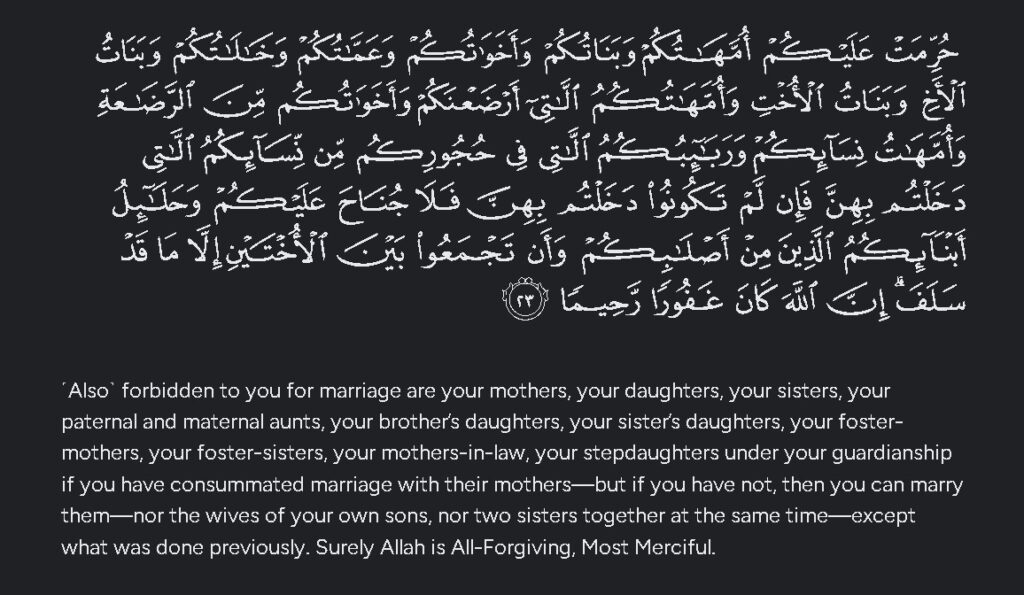
As for provisions of live-in relationships, the petitioners stated that Section – 4 (b) and Section – 378 along with entire Part – III of the U.C.C., 2024 are in contravention to the Article – 21 of the Constitution of India. Section – 4 (b) prescribes a vague definition of live-in relationship and hence is arbitrary, and unconstitutional.
The petition also pointed out that the right to privacy as a part of right to life is a Fundamental Right of every person, protected under Article 21 of the Constitution. Mandating every man and woman, living together/ partners/live-in partners to declare their relationship to the State and get it registered by Part – III of the UCC, 2024, violates the right to privacy of every person in most brazen and arbitrary manner, it said.
The petition also questioned the concept ‘Uniformity’, put forward by the UCC Act. It pointed out that as per Section – 2 of the UCC, 2024, the impugned legislation creates an arbitrary and artificial discrimination, impermissible in law, amongst citizens by not applying it to the Scheduled Tribes under Article 366 r/w Article 242 of the Constitution of India along with persons under Part –21 of the Constitution of India. Hence, the impugned Legislation is not a Uniform Civil Code as directed under Article – 44 of the Constitution of India hence, deserves to be declared void.
The State and union governments are of course expected to challenge the contentions in the petition. Nevertheless, the fact is that a legal challenge has been mounted against the UCC enactment.


